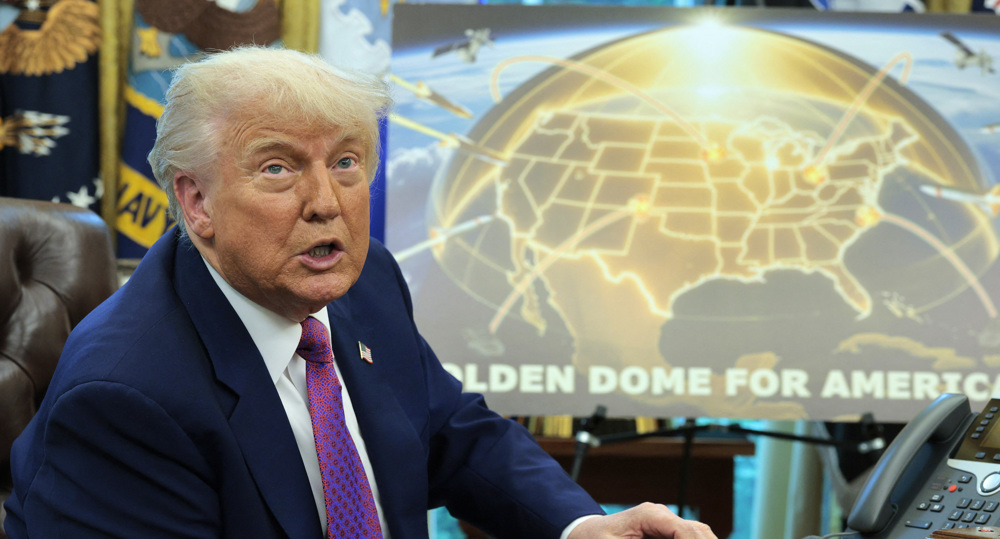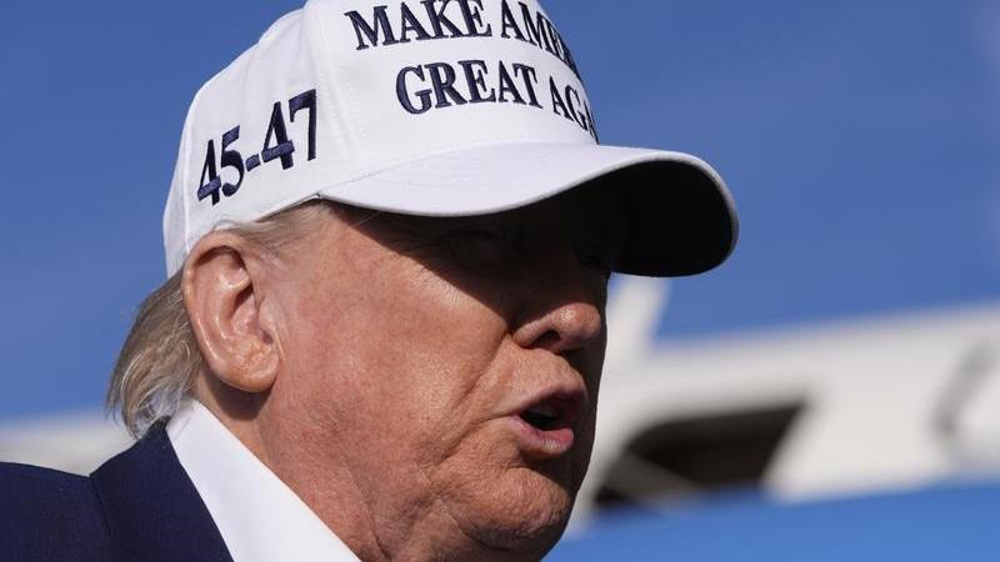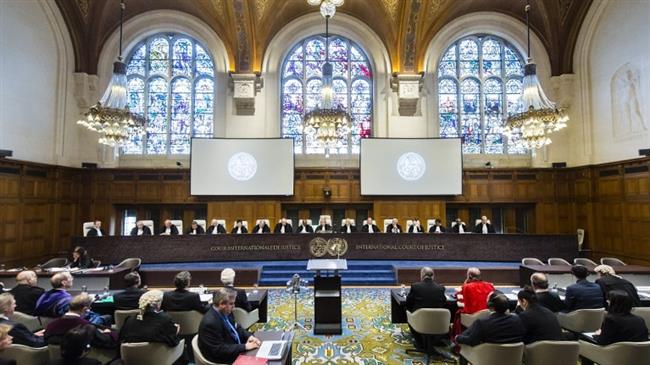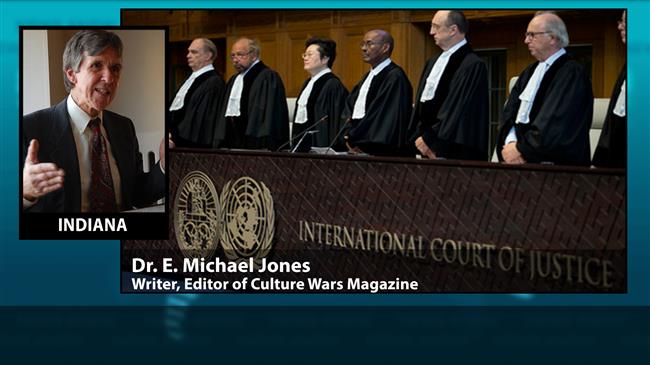US sees itself above intl. law: Pundit
US authorities consider their country above international law especially when it comes to abiding by jurisdiction of the International Court of Justice (ICJ) on Iran’s recent complaint, says a commentator.
On October 3, the UN’s top court issued a ruling, reprimanding the US over its re-imposition of sanctions on Iran and ordering Washington to lift restrictive measures linked to humanitarian trade, food, medicine and civil aviation.
Edward Corrigan, international lawyer, told Press TV on Friday that “the United States does not accept the jurisdiction of the court (ICJ) and they think they are above the law to do whatever they want; so, they refuse to act on this.”
“Without an army or some sort of police force to back it up, it is not really an effective vehicle that makes strong political statement and legal statement, but of course unless the Security Council and the General Assembly and the other nations around the world would support it and back it up, it is basically a symbolic gesture and it is not going to either get the Americans to abide by the decision.”
The Hague ruling was announced more than two months after Iran complained to the ICJ in July that US President Donald Trump’s re-imposition of unilateral sanctions against Tehran following Washington’s withdrawal from the 2015 landmark nuclear agreement, known as the Joint Comprehensive Plan of Action (JCPOA), was in violation of the Treaty of Amity, a 1955 treaty between Iran and the US.
In response to the ICJ ruling, Washington announced it would quit the 1955 treaty, which had established economic relations and consular rights between Tehran and Washington at the time it was signed between the countries.

Trump tells Canada to pay $61bn for 'Golden Dome' or join as '51st state' for free

Trump's EU tariffs delayed

Putin's helicopter came under drone attack last week: Russia
Gaza food crisis, decimated farming infrastructure due to Israeli attacks
VIDEO | Press TV's news headlines
Iran's Judiciary executes man convicted of spying for Israel's Mossad
Iraq's Jewish community restoring long forgotten rabbi's shrine in Baghdad
IRGC chief cmdr. to US: Iran fully prepared for any possible scenario
Pezeshkian touts Iran, Oman capacity to build strategic connections
Iran felicitates Venezuela on peaceful parliamentary, regional elections
For King and BP: How Britain’s MI6 infiltrated Libya to plunder its oil resources









 This makes it easy to access the Press TV website
This makes it easy to access the Press TV website